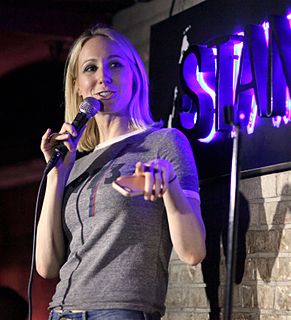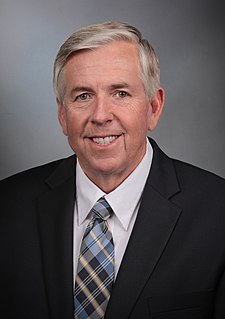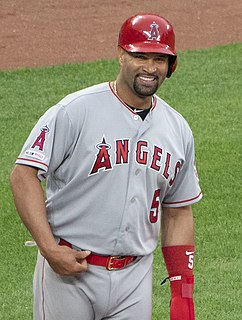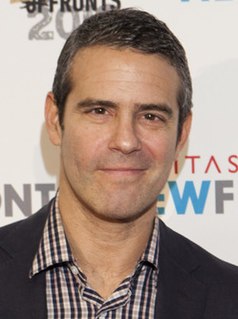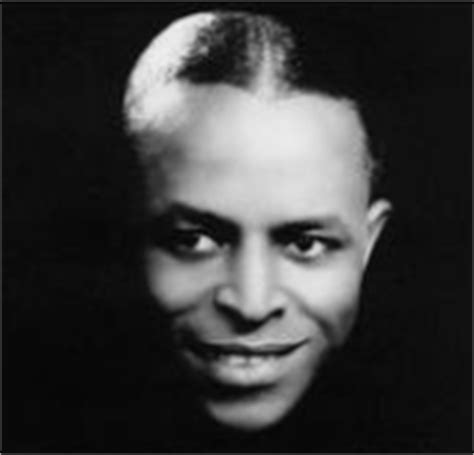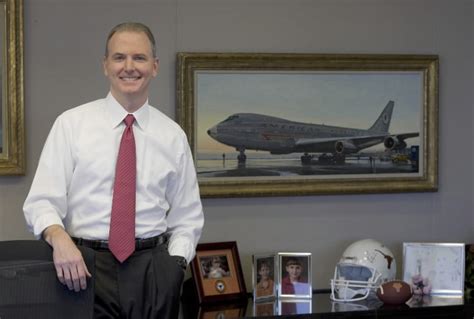A Quote by Nikki Glaser
I started out splitting my time between the Kansas City and St. Louis comedy scenes, which both had bluer sensibilities than other cities that I've worked.
Related Quotes
Do I want to be in St. Louis forever? Of course. People from other teams want to play in St. Louis, and they're jealous that we're in St. Louis because the fans are unbelievable. So why would you want to leave a place like St. Louis to go somewhere else and make $3 million or $4 more million a year? It's not about the money.
I grew up in Arkansas and that's the law. My dad was a high school basketball coach, so I was raised as a coach's son and I was a baseball player back in Arkansas, and I lived in Texas, too, so I was just surrounded by sports. So that's what I was going to do: Pitch for the St Louis Cardinals. I had no idea I was going to be an actor. So I got my collar bone broken in the Kansas City Royals training camp. And once I got hurt I started doing other things for a while.
People from other teams want to play in St. Louis and they're jealous that we're in St. Louis because the fans are unbelievable. So why would you want to leave a place like St. Louis to go somewhere else and make $3 or $4 more million a year? It's not about the money. I already got my money. It's about winning and that's it. It's about accomplishing my goal and my goal is to try to win. If this organization shifts the other way then I have to go the other way.
I was born in St. Louis; I lived there for three weeks and then my father graduated from St. Louis University, so we all got in the car and split. I don't really remember much. I grew up in Connecticut most of my life and then four years in Germany. My father worked for a helicopter company, so we went over there.
